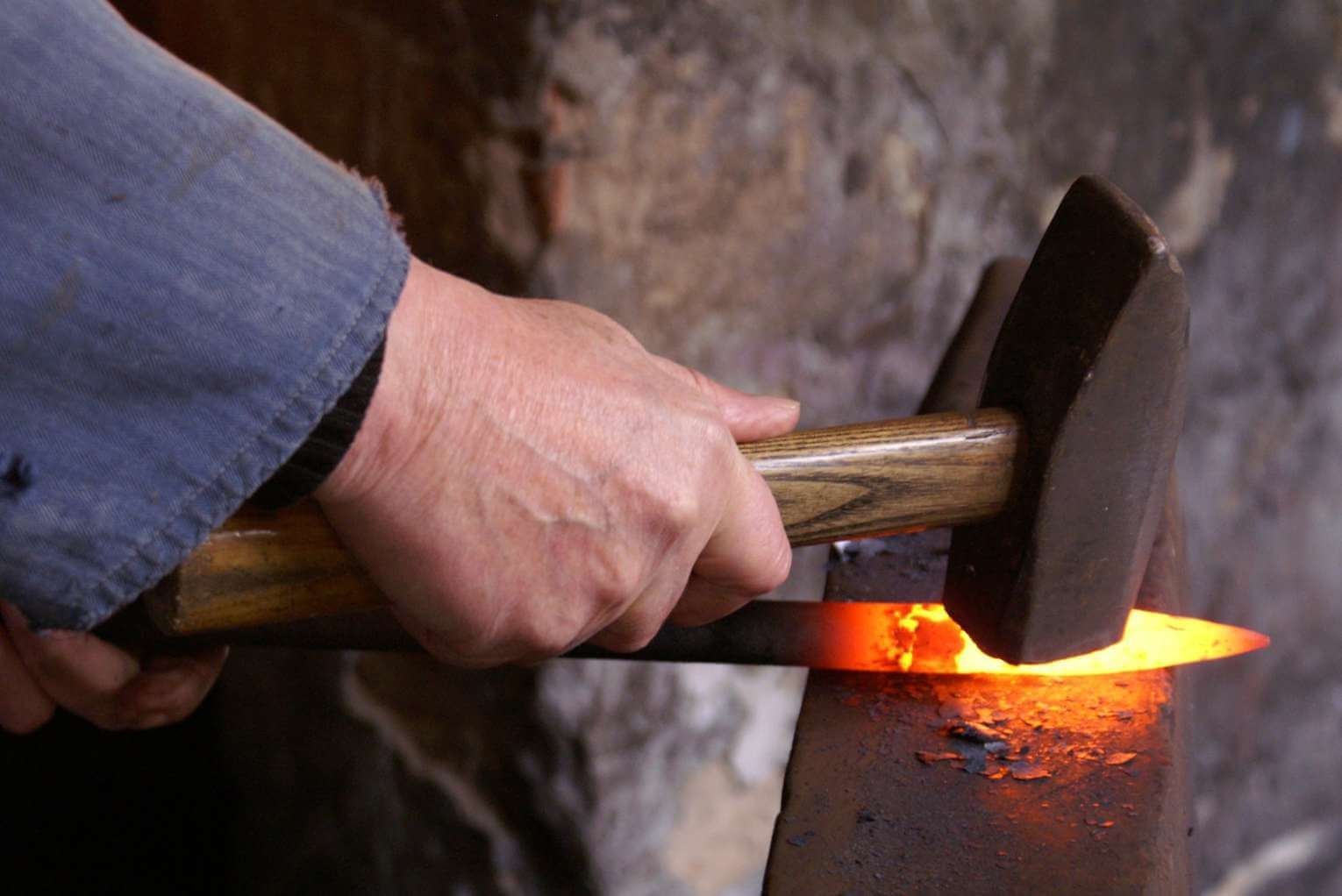Christian colleges and universities diligently strive to provide an alternative to today’s trends, where parents opt to enroll their high school graduates in a system devoid of spiritual values and often hostile to Jesus, likened to being “blacksmithed” by secular universities.
I should know. As the president of Evangel University, an affiliate of the Assemblies of God, I know we produce graduates who flourish effectively in secular and pluralistic spaces. There are numerous Christian college and university choices, Pentecostal or not, where faculty have a strong commitment to God and teach from a biblical worldview.
Nonetheless, it is essential to acknowledge that even well-intentioned educators within a secular educational system cannot fully counteract the vulnerability experienced by young Christian students when they place their intellectual development and worldview formation in the hands of individuals who consider the Bible to be a myth.
“Now there was no blacksmith found throughout all the land of Israel. For the Philistines said, ‘Lest the Hebrews make for themselves swords or spears,'” (1 Sam. 13:19, MEV).
Breaking News. Spirit-Filled Stories. Subscribe to Charisma on YouTube now!
I find the concept of a blacksmith to be a compelling analogy in the context of higher education. Much like the Philistines, large public and private universities across the nation hone the abilities of a generation, equipping them for a lifetime of work. Yet, having one’s skills sharpened by a secular educational system that has long forsaken not only the concept of God, but also the significance of God in college curricula clearly highlights a choice between serving God or pursuing material gain (see Matt. 6:24). Ironically, in this scenario, the Philistines didn’t increase the cost of tool sharpening; instead, they reduced it, luring those well-intentioned parents into submitting their children to secular blacksmithing.
For Israel, both then and now as we can see in the news, weapons were central to their survival. In the days of King Saul, when the Israelites needed to sharpen their tools, they had to pay Philistine blacksmiths for the service. These Philistine blacksmiths took advantage of this situation to keep the Israelites under their control. Farming tools such as picks and hoes played a crucial role in their daily lives. When these tools lost their sharpness, it became extremely challenging to clear fields, prepare the soil for planting or harvest crops efficiently.
However, the Philistines, who were their adversaries, had significant control over the productivity and well-being of the Israelites. They had the power to decide if God’s people could earn a living or work with a sense of purpose. The Israelites found themselves depending on a people whose beliefs were distant from their own.
There are only two things a blacksmith needs to shape a tool or form a weapon: a heavy hammer and a hot fire. Blacksmiths depicted in the Bible controlled how productivity and warfare went. In my view, now approaching four decades in Christian higher education, one could easily make the case that the system of higher education functions like a blacksmith in the roles faculty, administration and staff play in the learner’s life.
The blacksmith would have the expertise and wisdom to craft and refine tools. Today, there is abundant evidence that a college degree greatly enhances one’s career opportunities and earning potential. According to Forbes (2021), individuals with a bachelor’s degree earn a staggering 84% more than their counterparts with just a high school diploma. This substantial earning potential translates into a lifetime value of $2.8 million on average, emphasizing the unparalleled economic benefits of higher education.
Yet, it can’t always be about making money. Parents need to know that even though their students will earn more, it cannot be at the cost and risk of entrusting their most precious treasures, their children, to an educational system that insists they compartmentalize their faith to Sunday morning. Why not enroll them in a school that prioritizes the empowerment of the Spirit or any Christian institution that values higher education as a catalyst for heart transformation through God’s influence and His Word?
The founders of our AG schools saw a Spirit-driven Christian education as equipping students to live authentic spiritual lives out from under anti-Jesus mindsets and preparing them for lives of vocational productivity in the marketplace.
The transforming force of God’s fire on this generation softens hardened hearts, making them receptive to what the Spirit is doing around the world right now. The authentic fire of God’s Spirit acts as that timeless biblical blacksmith who makes the metal malleable to be shaped for good and for God. The fire of God’s love and purpose for a student’s life softens the soul and is part of the process that facilitates transformation of the intellect and heart, elevating their faith and accelerating their character development.
My admonition to parents—stop making decisions based solely around the budget. Presidents around the country at Christian universities and colleges have made great strides toward affordability and providing onramps so everyone can afford a Christian higher education. These schools are where the hot fire is most evident, providing moments for maturing and self-reflection, personal growth and the deployment of graduates full of compassion into a hurting world. As Christian educators, we don’t believe this generation is a problem to be solved but are God’s answer to the trouble in our world.
Join Charisma Magazine Online to follow everything the Holy Spirit is doing around the world!
Dr. Mike Rakes serves as the fifth president of Evangel University, a private Christian university located in Springfield, Missouri. For more information about Rakes or what Evangel University has to offer, visit evangel.edu.














































